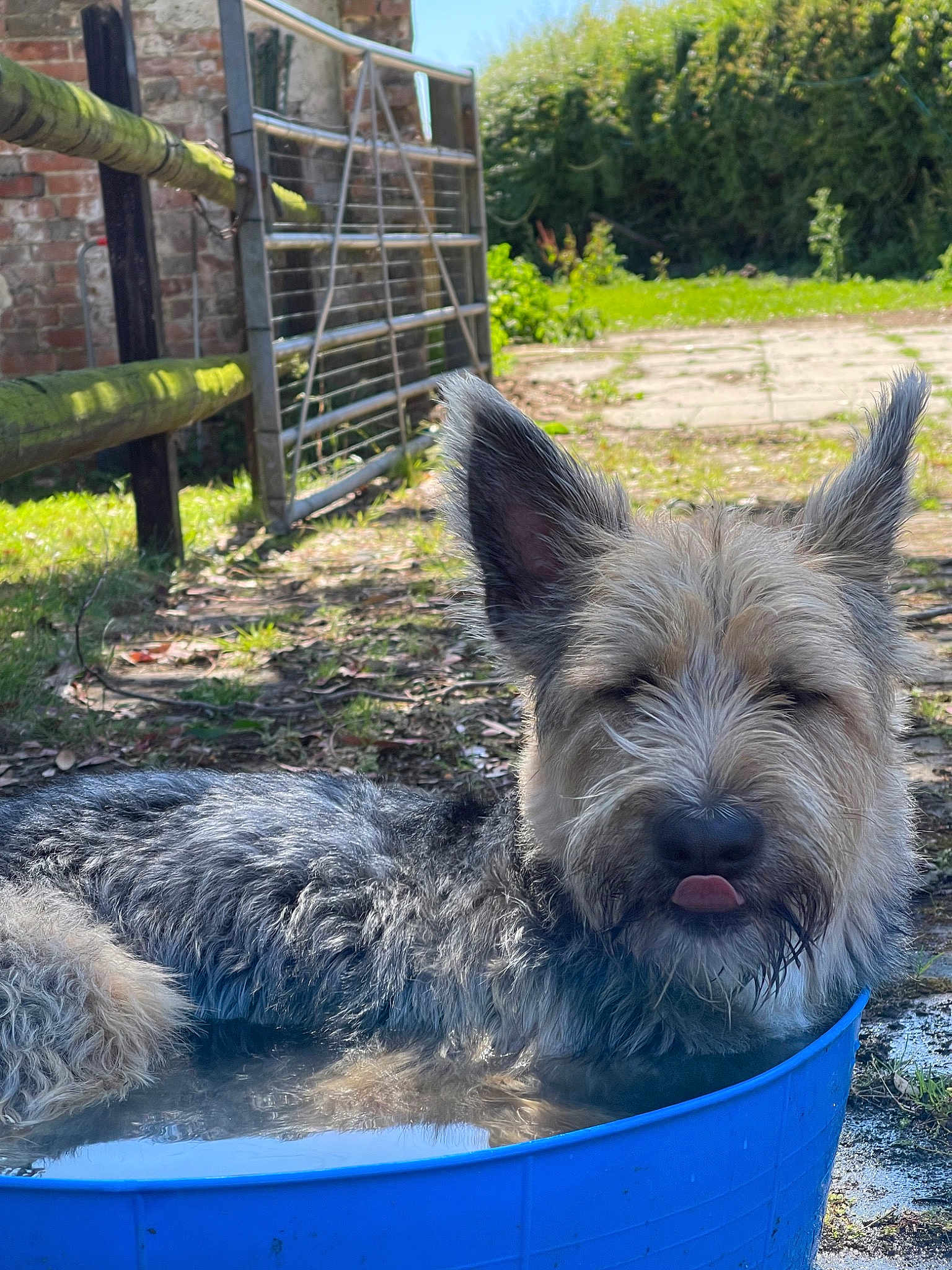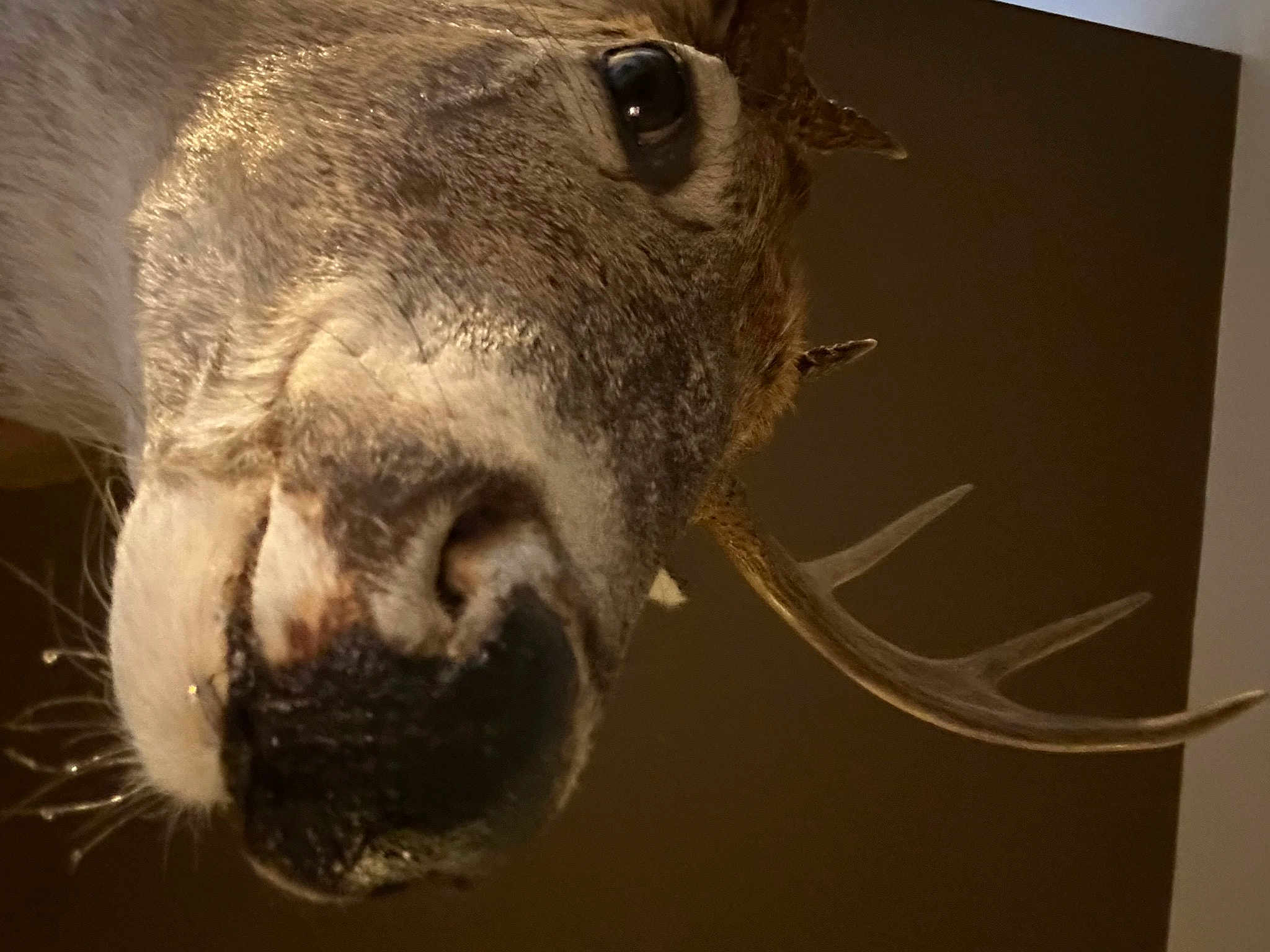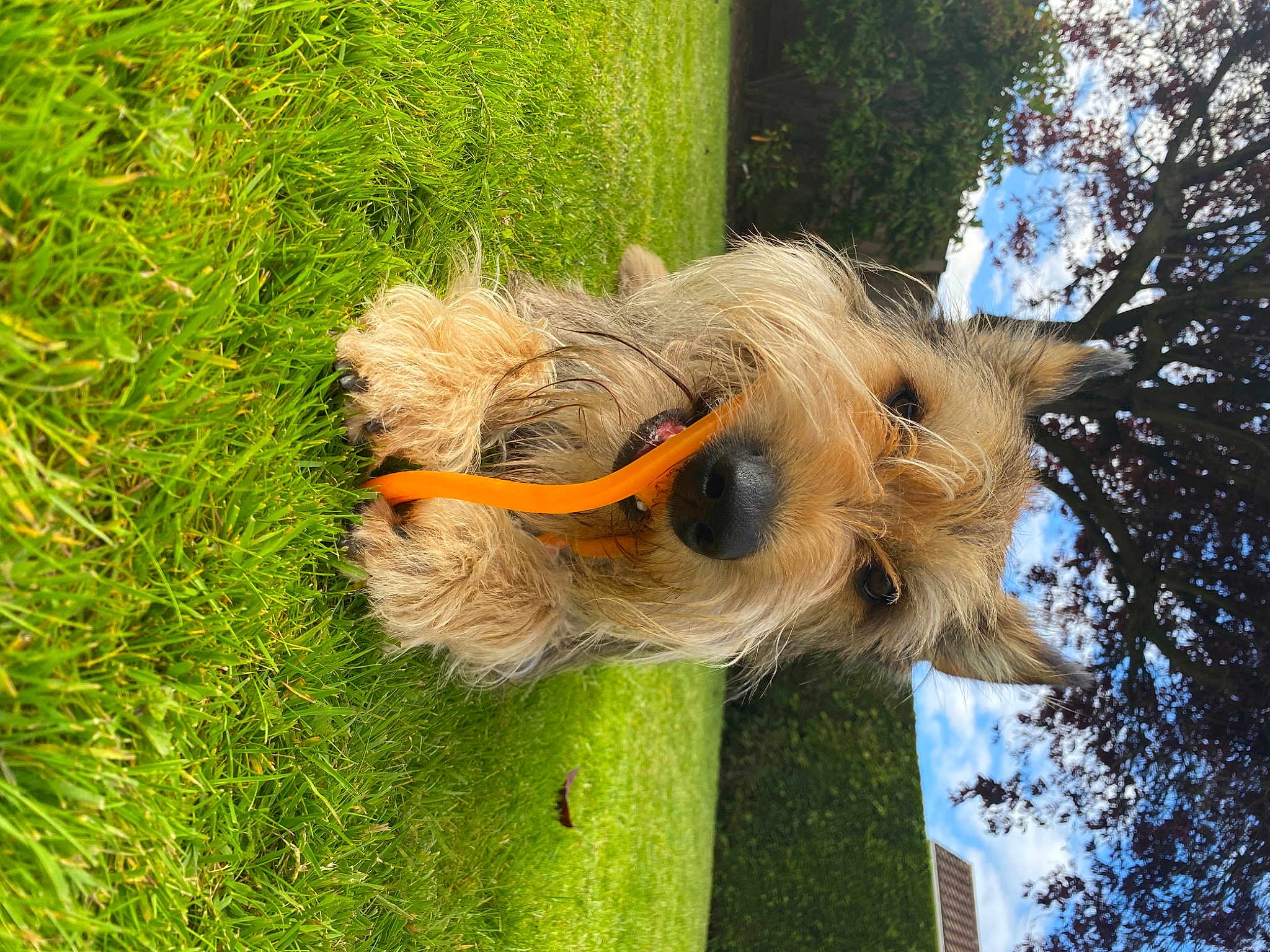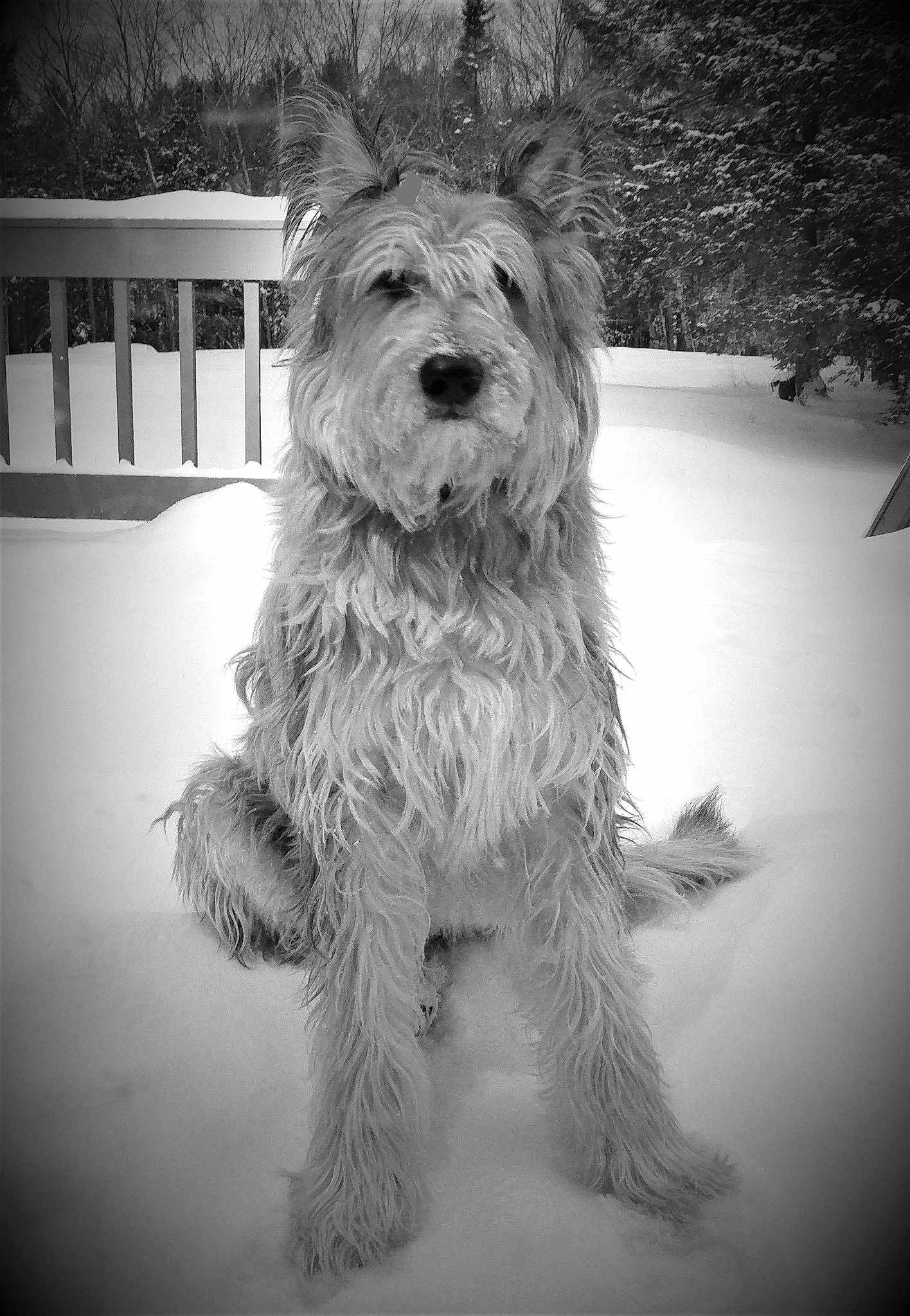Did you know that the Berger Picard, one of the oldest French herding breeds, was almost driven to extinction during the World Wars? This resilient and rare breed has bounced back thanks to enthusiastic breeders and dog lovers who appreciate its quirky personality and dedication.
Personality and Behavior of the Berger Picard
The Berger Picard is known for its lively and exuberant personality. These dogs are energetic and love to be engaged in activities, whether it's a brisk morning run, an agility course, or herding tasks. Their high energy levels and need for mental stimulation make them best suited for active owners who can dedicate ample time to exercise and play.
Furthermore, Berger Picards are remarkably intelligent and quick to understand commands. They thrive on tasks that challenge their minds and often enjoy activities such as puzzle toys or advanced obedience training. However, their independent streak requires patience and consistency in training to ensure they listen rather than taking matters into their own paws.
Anecdotally, many Berger Picard owners describe their pets as being incredibly affectionate and loyal. These dogs tend to form strong bonds with their families and can be quite protective, making them excellent watchdogs. Despite their loyalty, they do have a sensitive side and typically respond better to positive reinforcement rather than harsh corrections.
An interesting detail about the Berger Picard is their unique coat — a rough, wavy texture that's not just for looks. This protective fur was designed to withstand the harsh conditions of the Picardie region in northern France, where the breed originated, helping to keep them dry and warm during long days of herding.
Meanings, History, and Origins of the Name Berger Picard
The name "Berger Picard" is a testimony to the breed’s origins and function. "Berger" translates to "shepherd" in French, highlighting the breed's historical role as a herding dog. "Picard" refers to the Picardie region in northern France, where the breed originated. This region's countryside demanded resilient and intelligent herding dogs, and the Berger Picard was a perfect match.
Historically, the Berger Picard can trace its lineage back to the early 9th century. The breed is believed to have descended from sheepdogs brought to northern France by the Celts. Throughout the centuries, these dogs played an essential role in local agriculture, managing sheep flocks with a unique combination of gentleness and firmness.
The two World Wars had a devastating impact on the breed. The conflicts led to significant losses in the Picardie region's dog population, almost driving the Berger Picard to extinction. Fortunately, dedicated breeders worked diligently to revive the breed post-war, ensuring that the resilient spirit of these dogs continued to thrive.
Popularity of the Berger Picard
Despite its fascinating history and charming attributes, the Berger Picard remains a relatively rare breed. It enjoys moderate popularity within France but is less well-known globally compared to other sheepherding breeds such as the Border Collie or Australian Shepherd.
In English-speaking countries, the profile of the Berger Picard has risen somewhat in recent years, partly due to media exposure. For instance, the breed starred in the 2005 film "Because of Winn-Dixie," which introduced many to the breed’s distinctive look and lovable personality. This exposure has led to a gradual increase in interest and adoption in countries like the United States and Canada.
Globally, the Berger Picard has small but devoted breeding communities in Europe, North America, and some parts of Asia. Breed clubs and enthusiasts often come together to promote and protect the breed's interests, ensuring responsible breeding practices and public education about the Berger Picard's needs and characteristics.
Health and Care of the Berger Picard
The Berger Picard is generally a healthy breed, with a life expectancy ranging between 12 to 14 years. However, like all breeds, they are prone to specific health issues. Common concerns include hip dysplasia, progressive retinal atrophy (PRA), and certain hereditary eye conditions. Regular veterinary check-ups and screening for these conditions can help ensure early detection and management.
Nutrition plays a crucial role in maintaining the health of a Berger Picard. These active dogs thrive on a balanced diet rich in proteins, healthy fats, and appropriate carbohydrates. Owners should pay attention to portion control to prevent obesity, which can exacerbate joint issues and overall health.
Grooming the Berger Picard is relatively straightforward, thanks to their rough coat. Regular brushing helps manage shedding and keeps the coat healthy, while occasional baths will keep them clean without stripping the fur of its natural oils. Dental care, ear cleaning, and nail trimming should also be part of their routine grooming regime to prevent common issues like periodontal disease or ear infections.
Training and Education of the Berger Picard
Training a Berger Picard can be both a rewarding and challenging experience due to their intelligence and sometimes stubborn nature. Early socialization is crucial, exposing them to diverse environments, people, and other animals to foster a well-rounded and confident demeanor.
Positive reinforcement techniques often yield the best results with this breed. Rewards such as treats, praise, or playtime can motivate the Berger Picard to follow commands and learn new skills. Consistency and patience are key, as these dogs may become bored with repetitive tasks. Incorporating variety and fun into training sessions keeps them engaged and willing to learn.
Given their historical role as herding dogs, Berger Picards excel in activities that mimic this work, such as herding trials, agility courses, and obedience competitions. These activities provide the mental and physical stimulation that the breed craves, often leading to a happier and well-adjusted dog.
In terms of educational needs, Berger Picards benefit from puzzle toys and problem-solving games that challenge their intellect. Engaging in such activities can help mitigate any destructive behaviors that might arise from boredom and under-stimulation.
Choosing the right dog breed goes beyond simply admiring their appearance or trendiness. Several factors, including lifestyle, activity level, and living environment, should play a significant role in decision-making. The right breed should not only match your lifestyle but also bring joy and companionship to your life.
The Berger Picard stands out as a breed with a rich history, a unique personality, and an enduring spirit. At KingPet, we have many Berger Picard participants, a testament to their growing popularity and the delightful traits they bring to the table. Choosing a Berger Picard means welcoming a loyal, intelligent, and lively companion into your home, promising years of joy and adventure.









